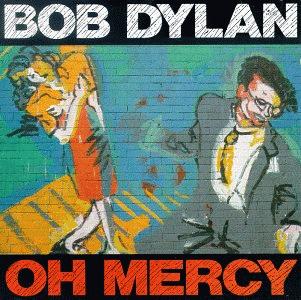
| Artist: | Bob Dylan |
| Title: | Oh Mercy |
| Released: | 1989.09.12 |
| Label: | Columbia Records |
| Time: | 38:46 |
| Producer(s): | Daniel Lanois |
| Appears with: | |
| Category: | Pop/Rock |
| Rating: | ****...... (4/10) |
| Media type: | CD |
| Purchase date: | 2002.03.15 |
| Price in €: | 6,99 |
| Web address: | www.bobdylan.com |